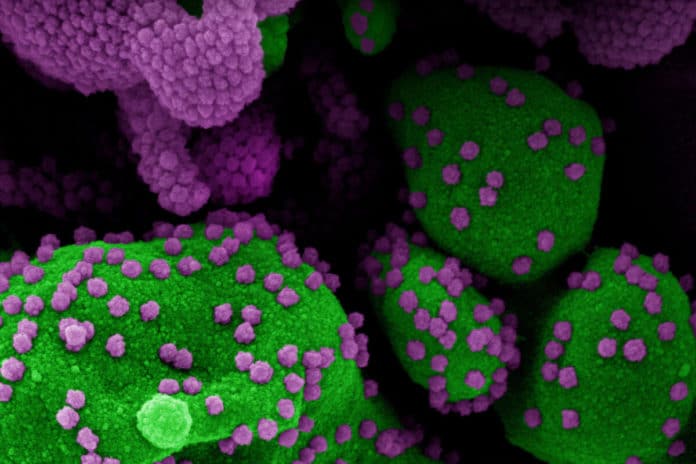The immune system produces antibodies in response to SARS-CoV-2. But, there is a significant knowledge gap as far as how long these antibody responses last. To find this out, scientists tested blood samples from 343 patients with COVID-19, most of whom had severe cases.
The blood tests were taken up to four months after a patient’s symptoms emerged. The blood’s plasma was isolated and applied to lab plates covered with the receptor-binding domain (RBD) of the virus “spike” protein, which connects to cells, promoting disease. Scientists studied how various kinds of antibodies in the plasma bound to RBD. The outcomes were contrasted with blood samples acquired from more than 1,500 people before the pandemic.
Scientists from the Harvard-affiliated Massachusetts General Hospital (MGH) found that levels of an antibody called immunoglobulin G (IgG) remained elevated in infected patients for four months and were associated with the presence of protective neutralizing antibodies, which also demonstrated a little decrease in activity over time.
The study suggested that people who survive serious COVID-19 infections have long-lasting immune responses against the virus.
Richelle Charles, an investigator in the Division of Infectious Diseases at MGH and a senior author of the paper, said, “That means that people are very likely protected for that period. We showed that key antibody responses to COVID-19 do persist.”
Measuring IgG was highly accurate in identifying infected patients who had symptoms for at least 14 days. Since the standard PCR (nasal swab) test for SARS-CoV-2 loses sensitivity over time, augmenting it with a test for antibodies in patients who have had symptoms for at least eight days (at which time 50 percent are producing antibodies) will help identify some positive cases that might otherwise be missed.
Along with this, scientists also identified short-term responses of immunoglobulin A (IgA) and immunoglobulin M (IgM) in people who has SARS-CoV-2.
Charles said, “We can say now that if a patient has IgA and IgM responses, they were likely infected with the virus within the last two months.”
Co-senior author of the study Jason Harris, a pediatric infectious disease specialist at MGH, said, “Knowing the duration of the immune response by IgA and IgM will help scientists obtain more accurate data about the spread of SARS-CoV-2.”
“There are a lot of infections in the community that we do not pick up through PCR testing during acute infection, and this is especially true in areas where access to testing is limited. Knowing how long antibody responses last is essential before we can use antibody testing to track the spread of COVID-19 and identify ‘hot spots’ of the disease.”
Lead authors of the paper are Anita Iyer, a postdoctoral fellow at MGH, and Forrest K. Jones, a doctoral student in infectious disease epidemiology at the Johns Hopkins Bloomberg School of Public Health.
Journal Reference:
- Anita S. Iyer et al. Persistence and decay of human antibody responses to the receptor-binding domain of SARS-CoV-2 spike protein in COVID-19 patients. DOI: 10.1126/sciimmunol.abe0367
